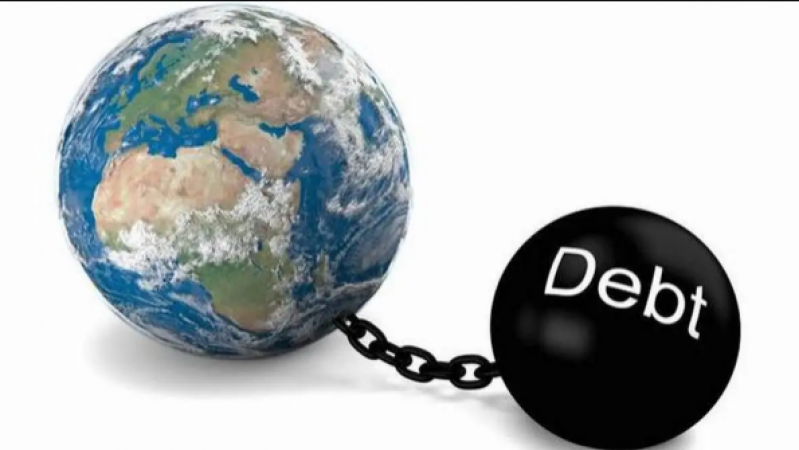
New Delhi: Becoming an international debt-free nation is a complex process that necessitates careful financial management, economic policies, and a focus on developing sustainable revenue streams. While each country's situation is unique, the following are some general steps that can help guide a country towards reducing and eventually eliminating international debt:
1. Assess the current debt situation: Begin by evaluating the country's debt profile, including the total debt amount, interest rates, maturity dates, and repayment schedules. Understanding the existing debt obligations is crucial for formulating an effective plan.
2. Create a comprehensive debt management strategy: Develop a well-defined strategy to manage and reduce debt over time. This strategy should include setting targets for reducing debt-to-GDP ratios, establishing a realistic timeline, and identifying key actions to achieve debt reduction.
Also Read: UN Secretary-General Applauds US, Qatar, Lebanon, and Egypt for Aiding in Securing Gaza Pact
3. Strengthen fiscal discipline: Implement measures to improve fiscal discipline, such as reducing government expenditures, increasing efficiency in public spending, and combating corruption. This can involve trimming unnecessary expenses, prioritizing essential investments, and promoting transparent and accountable financial practices.
4. Promote economic growth: Focus on fostering sustainable economic growth to increase government revenue. Encourage entrepreneurship, attract foreign direct investment, diversify the economy, and develop industries that have export potential. A growing economy generates more revenue, making it easier to service debt and reduce reliance on borrowing.
5. Improve tax collection and administration: Enhance tax collection mechanisms to ensure that all eligible citizens and businesses pay their fair share. Simplify tax systems, reduce tax evasion, and combat tax avoidance. This can provide a significant boost to government revenue, reducing the need for borrowing.
6.Strengthen export capabilities: Prioritize the development of export-oriented industries and diversify the range of products or services that the country exports. This can help generate foreign currency inflows, improve trade balance, and increase the country's ability to repay debt.
Also Read: Returning to the West Pacific for live-fire training are Chinese warships
7. Negotiate favorable debt restructuring and rescheduling: Engage in open and constructive dialogue with international lenders to renegotiate debt terms, extend repayment schedules, or obtain better interest rates. Seek debt forgiveness or debt-for-nature swaps where possible. This can alleviate immediate debt burdens and provide more breathing room for implementing reforms.
8. Enhance financial transparency and accountability: Establish robust financial oversight mechanisms, improve transparency in public financial management, and ensure accountability in the use of funds. This helps build confidence among lenders, investors, and international financial institutions, potentially reducing borrowing costs and attracting more favorable financial terms.
9. Prioritize social development and poverty reduction: Invest in social programs and initiatives that promote education, healthcare, and poverty reduction. Addressing social challenges can have long-term benefits by creating a productive and healthy workforce, reducing income inequality, and fostering social stability.
10. Seek international cooperation and assistance: Engage with international organizations, such as the International Monetary Fund (IMF) or World Bank, to access financial assistance, technical expertise, and capacity-building support. These institutions can provide guidance on debt management strategies and offer financial resources to aid in the debt reduction process.
Also Read: Local authorities report a minimum 41 cyclone fatalities in Rakhine, Myanmar
It's important to remember that becoming debt-free is a long-term process that necessitates consistent effort and a commitment to sound financial practises. Progress may take some time, and unexpected obstacles may arise. Flexibility, adaptability, and perseverance are essential qualities in this endeavour.